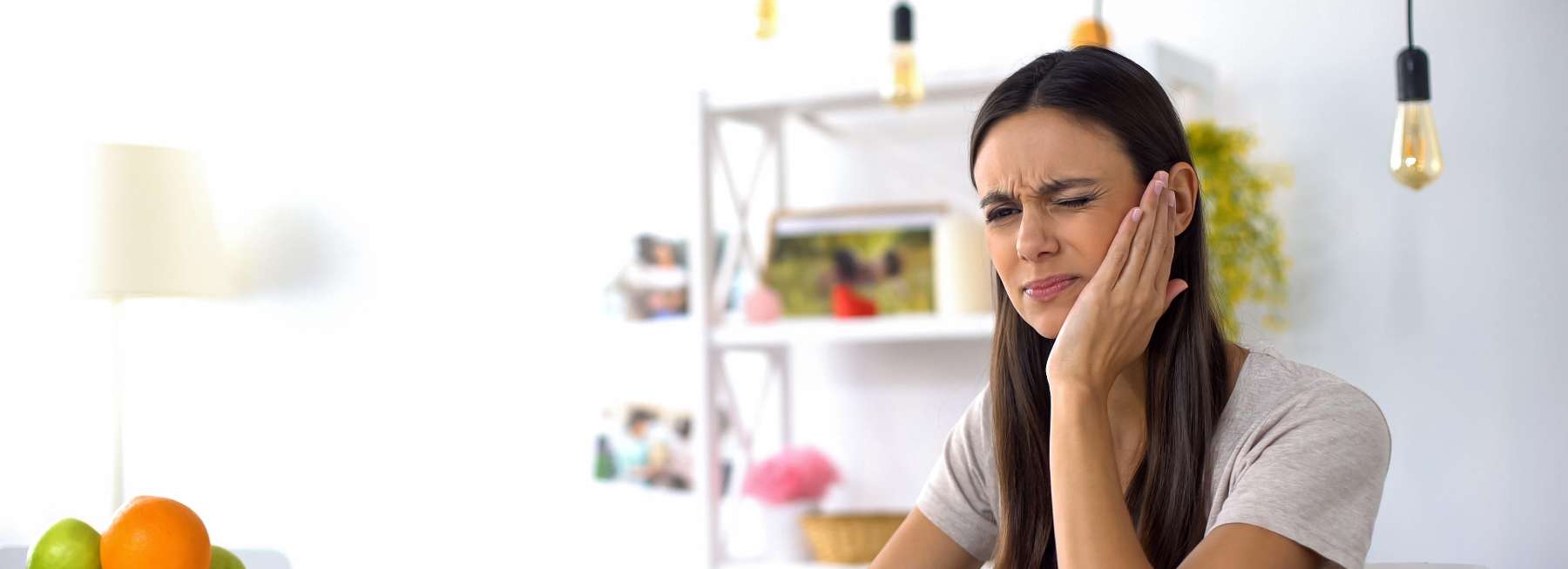
TMD, sometimes called TMJ, is a disorder of the temporomandibular joints, which connect the lower jaw to the skull. These vital joints allow for purposeful mouth movements, such as eating, speaking, yawning and general opening and closing.
When these joints don’t function correctly, they disrupt oral function and cause pain. TMD can significantly impact the quality of life.
This blog covers:
- TMD Causes
- TMD Symptoms
- TMD Treatment
What Causes TMD?
TMD may be present at birth, even without symptoms, worsening over time until you seek a diagnosis and treatment. It can also result from an injury, orthodontic issues, or bruxism (teeth grinding).
Teeth grinding is sometimes linked to stress or night terrors.
Your Dunedin dentist will evaluate your case to help determine the cause of your TMD and discuss treatment options with you.
What Are the Symptoms of TMD?
TMD symptoms can range from mild to severe, but the signs will likely worsen over time without intervention.
Signs of TMD include:
- A clicking noise in the jaw joint when you yawn or speak
- Painful chewing and speaking
- Head, neck and shoulder pain
- Exaggerated musculature in front of the ears and tooth wear if bruxism is the culprit
How Do I Treat My TMD?
Your dentist will evaluate your TMD and help determine the best treatment course.
Therapies may include:
- Dental surgery
- Exercises
- Oral appliance therapy
- Cosmetic injectables, also known as muscle relaxant injections
Treatments like appliance therapy and cosmetic injectables with Dysport can rest the TMD joints, relieve pain, and allow your TMD to heal.
The first step is booking a consultation with our compassionate dentist.
Do You Need TMD Treatment in Dunedin?
If you suspect TMD or are unsure, we encourage you to seek a diagnosis and treatment as soon as possible. To get started, please call 03-477 8387.
We accept ZipPay and Q Card to help patients budget their care.

